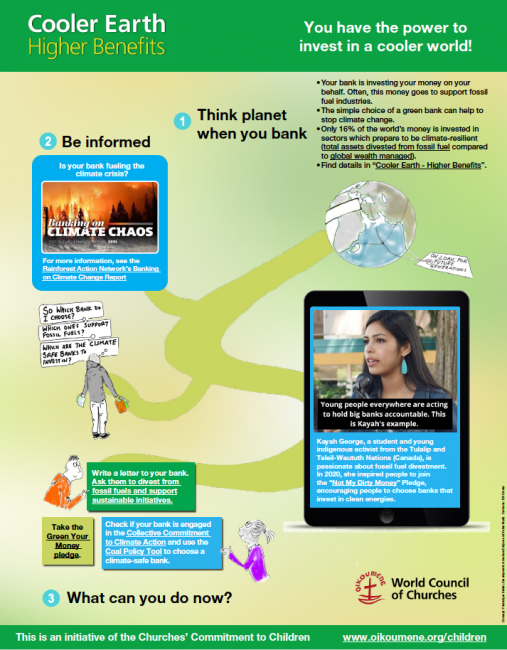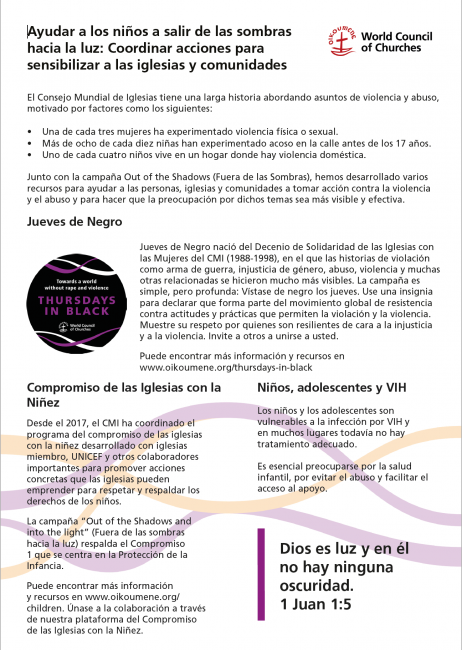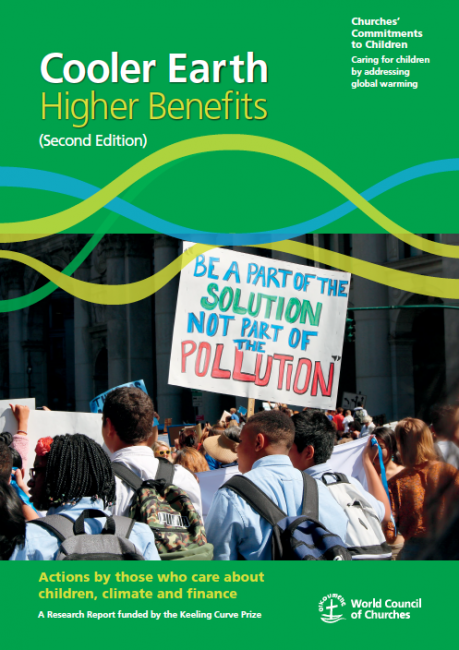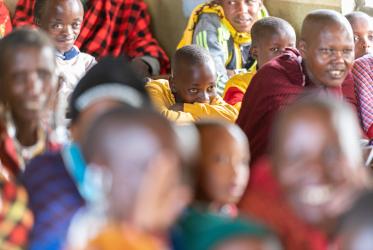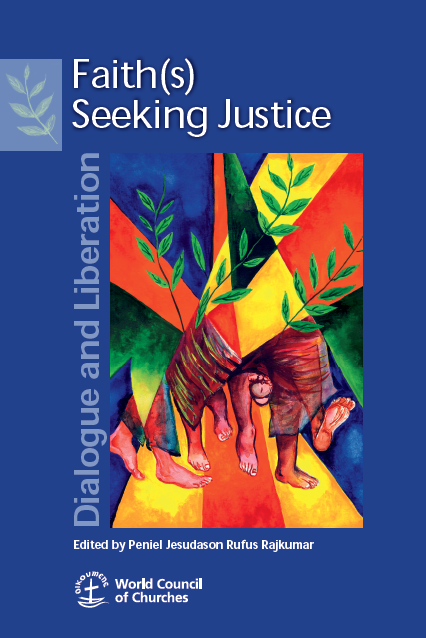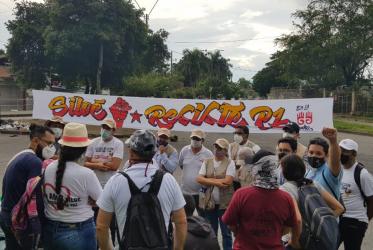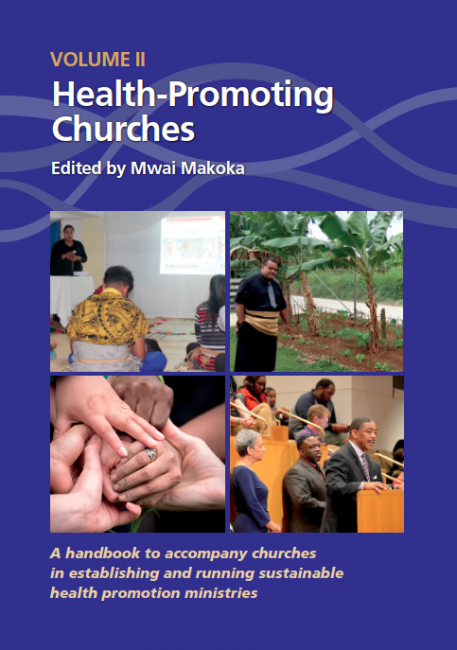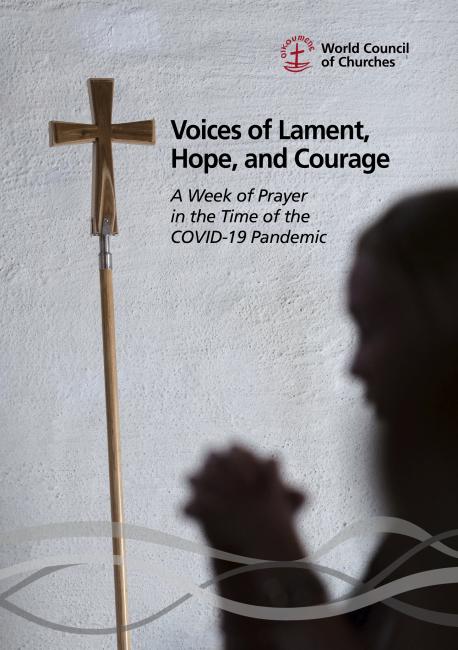Displaying 81 - 100 of 135
Young People and Climate Justice
06 August 2021
Cooler Earth Higher Benefits: Poster
Actions by those who care about children, climate and finance.
16 July 2021
Helping Children Out of the Shadows and Into the Light: Poster
Church Resources For Ending Sexual Violence Against Children
15 July 2021
Thursdays in Black sheet: Helping Children Out of the Shadows and into the Light
Linking actions to raise awareness in churches and communities
15 July 2021
Cooler Earth – Higher Benefits Second Edition
Actions by those who care about children, climate and finance
02 July 2021
Health-Promoting Churches Volume II:
A handbook to accompany churches in establishing and running sustainable health promotion ministries
28 April 2021
Voices of Lament, Hope, and Courage
A Week of Prayer in the Time of the COVID-19 Pandemic
18 March 2021

